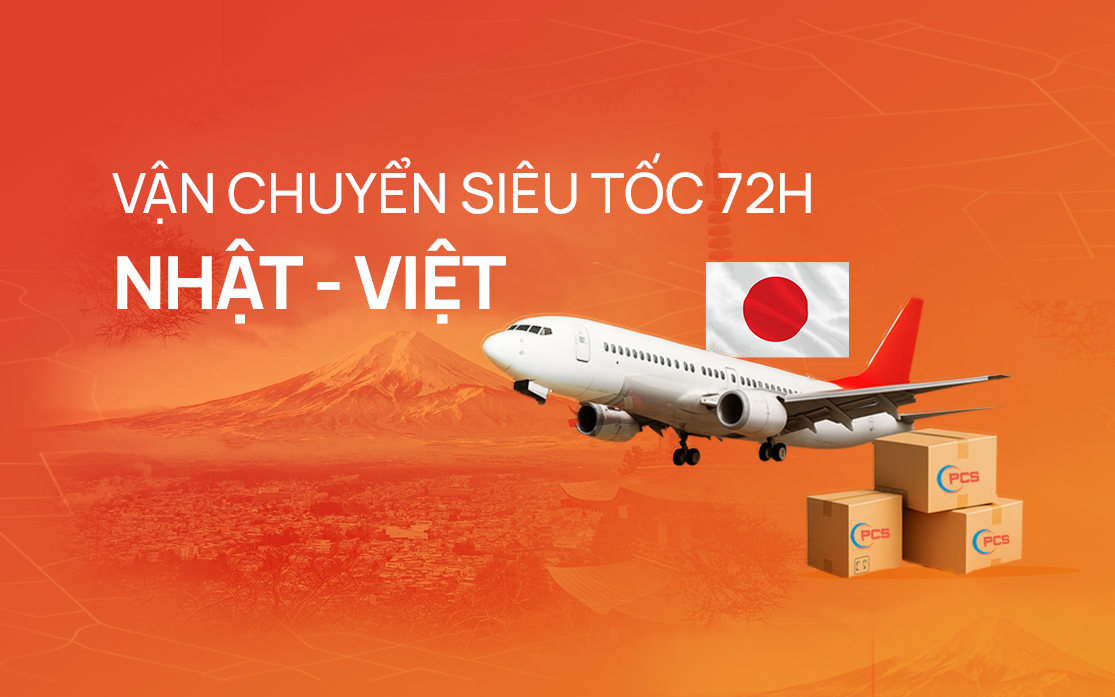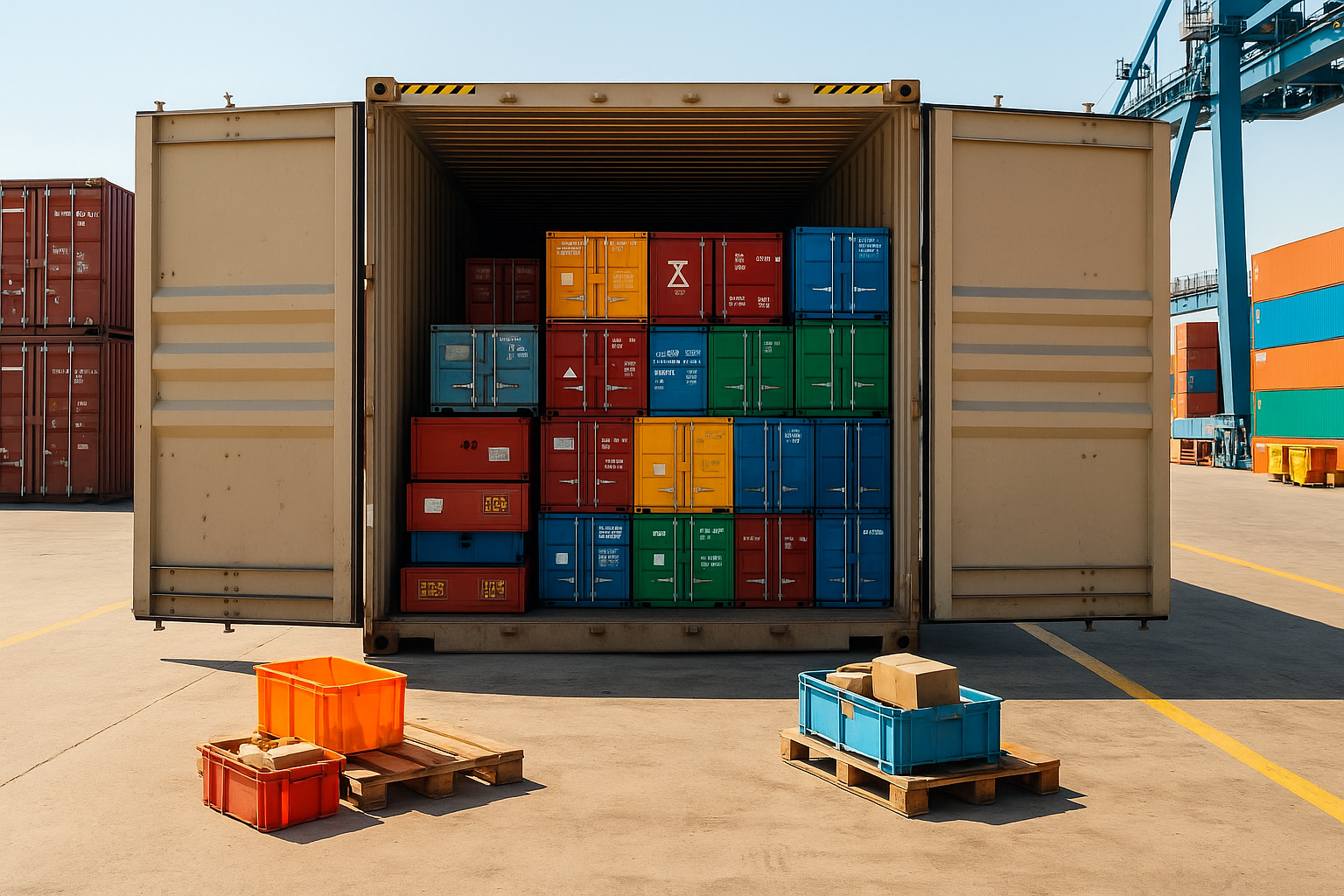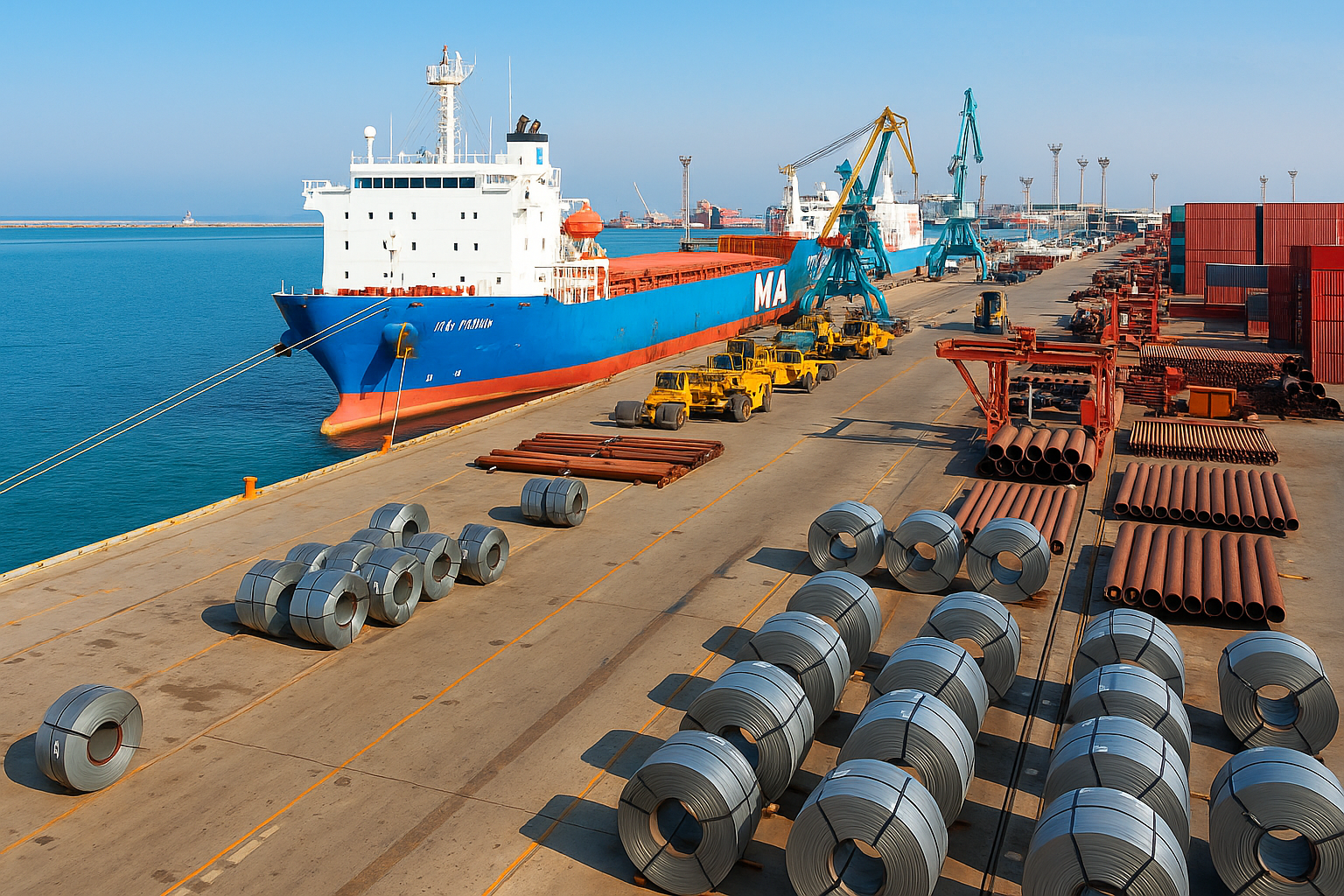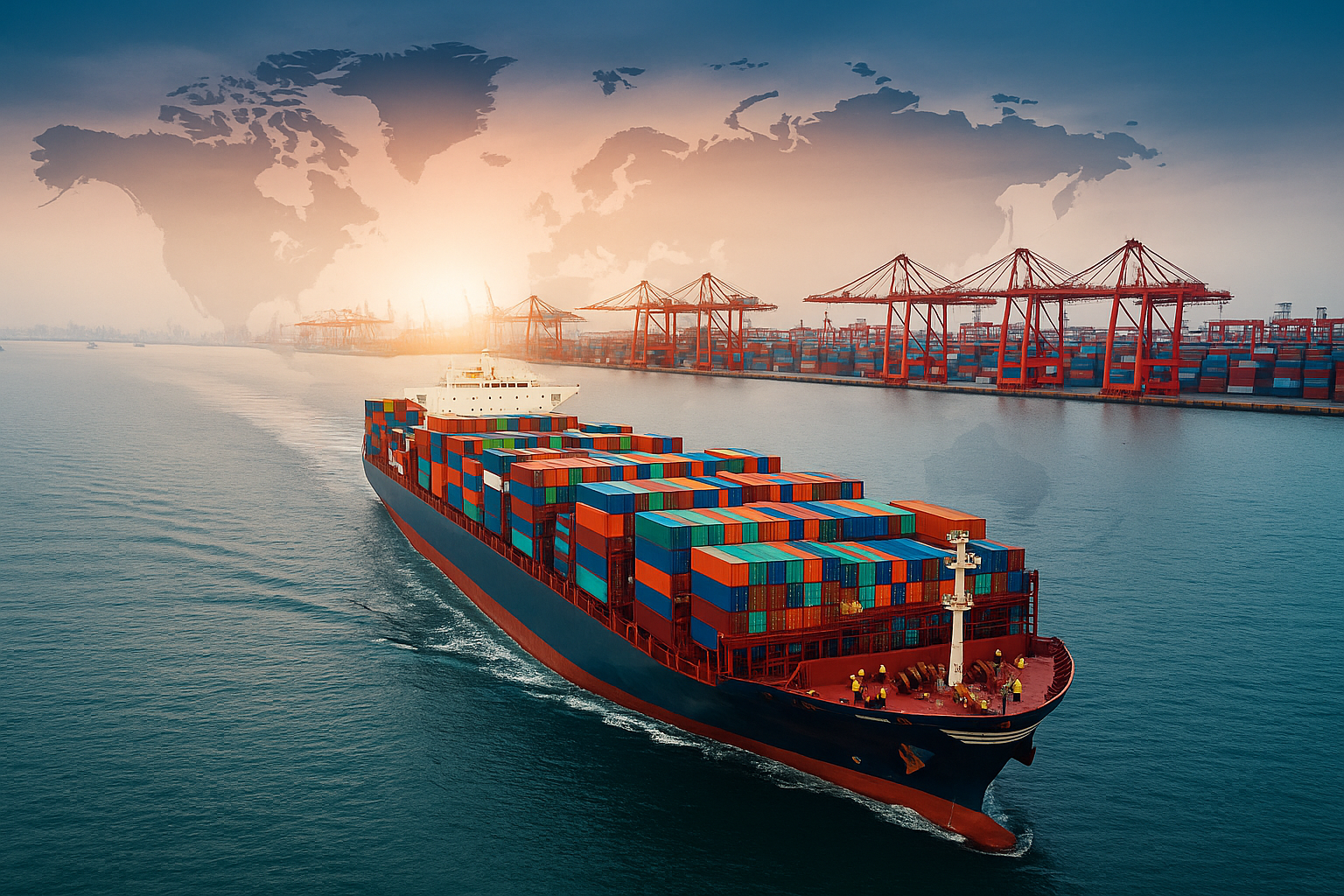The Halal industry is emerging as a strategic direction rooted in humanistic values globally that increasingly values ethical practices, health, and sustainable development. Once centered around food, Halal has expanded its influence across diverse sectors and countries, becoming a recognized global supply chain benchmark.
For Vietnam, participating in the Halal ecosystem presents an opportunity to improve competitiveness, foster international partnerships, and demonstrate respect for cultural diversity in global consumer behavior. Below are five key humanistic values of Halal that can guide Vietnamese businesses pursuing deep and meaningful international integration.
1. Strengthening Vietnam’s connection with the Global Muslim community
The global Muslim population represents approximately 26% of the world's population and is projected to exceed 2.8 billion by 2025. This is a distinct consumer group with unique cultural characteristics and a growing demand for transparent, religion-compliant products.
Engaging with the Halal market is a business opportunity and a way for companies to demonstrate cultural understanding and operational capacity that aligns with international standards. The Halal system enables Vietnamese businesses to approach this market methodically, respectfully, and competently, thereby building deeper connections based on trade and shared values.
Learn more: PCS connects with Halal community to foster collaboration
2. Expanding participation in the Global Halal value chain
The global Halal value chain is estimated to range between USD 7 trillion and USD 10 trillion, spanning food, cosmetics, pharmaceuticals, finance, fashion, tourism, and logistics sectors. Demand is increasing for suppliers that meet transparent, safe, and specialized operational standards, especially in markets with significant Muslim populations.
Thanks to its improving production standards, including HACCP, GlobalG.A.P., VietGAP, and national Halal-related TCVN standards, Vietnam is well-positioned to join this ecosystem. Located in the heart of Southeast Asia, Vietnam enjoys strategic proximity to key Halal markets such as Malaysia, Indonesia, the Middle East, and South Asia, making it a potential hub for regional Halal-certified goods.
Within this value chain, logistics plays a critical role in ensuring clear process separation, traceability, and specialized conditions for storage and transport. As a strategic focus, PCS Logistics is working to standardize Halal logistics operations to align with global demand.
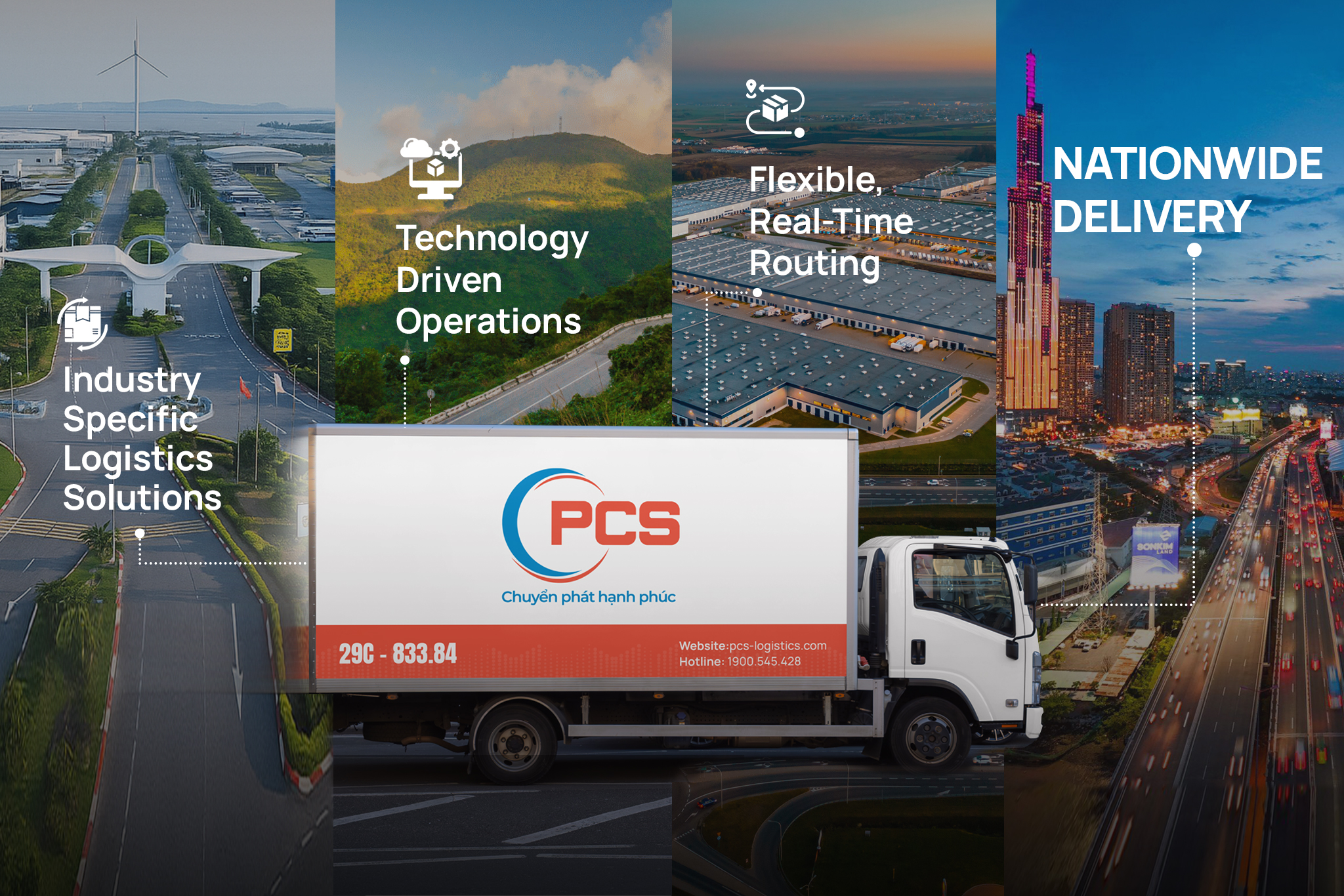
Logistics plays a vital role in ensuring seamless operations and strict process control in accordance with Halal standards.
3. Meeting the demand for transparent and ethical consumption
Modern consumers increasingly prefer products with clear origins, well-regulated production processes, and alignment with ethical standards. Halal certification emphasizes hygiene, safety, and strict adherence to process integrity, covering everything from raw materials and processing to storage and distribution.
According to the IMARC Group, the global Halal food market is valued at approximately USD 2.7 trillion, with an annual growth rate approaching 9%. This growth reflects the rising global interest in products that meet ethical standards and ensure operational transparency.
4. Promoting cultural values through culinary exports
Cuisine is a high-potential commercial sector and an essential channel for cultural exchange. Vietnam's signature products: pho, coffee, rice paper, and rice noodles are well-received in many international markets.
Developing Halal-compliant processes for production, storage, and distribution not only supports market entry into Muslim-majority countries but also meets the needs of Muslim tourists and consumers within Vietnam, especially in F&B and hospitality.
At the conference “Meet Halal Experts – Vietnam’s Readiness for Halal Tourism” held in Ho Chi Minh City (July 2025), international experts highlighted the rising demand among Muslim travelers for Halal-certified Vietnamese products such as phở, coffee, and mobile apps that help locate Halal dining options.
Consumers in the Halal segment place high value on operational transparency, including ingredient sourcing, preparation methods, hygiene, and storage standards. Meeting these criteria can increase product acceptance and help elevate Vietnam's culinary identity in a respectful, standardized, and professional manner.
PCS Logistics representative speaking at the “Meet Halal Experts” forum, hosted by the Faculty of Tourism at Van Lang University.
5. Supporting healthy lifestyles and responsible consumption
Halal certification emphasizes food safety, transparent production principles, and risk control across the supply chain. International studies suggest that Halal-certified products tend to have lower contamination risks and stricter process oversight, aligning with the "clean eating - healthy living" movement.
Beyond technical standards, Halal promotes a consumption model centered on health, transparency, and ethical qualities that global consumers increasingly prioritize in green and sustainable living. Businesses that incorporate Halal standards can strengthen brand trust and increase their capacity to serve long-term market demands responsibly and globally aligned.
For PCS Logistics, investing in research and gradually standardizing Halal logistics is a strategic direction. We partner with businesses to develop Halal-compliant supply chains and enhance the global competitiveness of Vietnamese goods.


